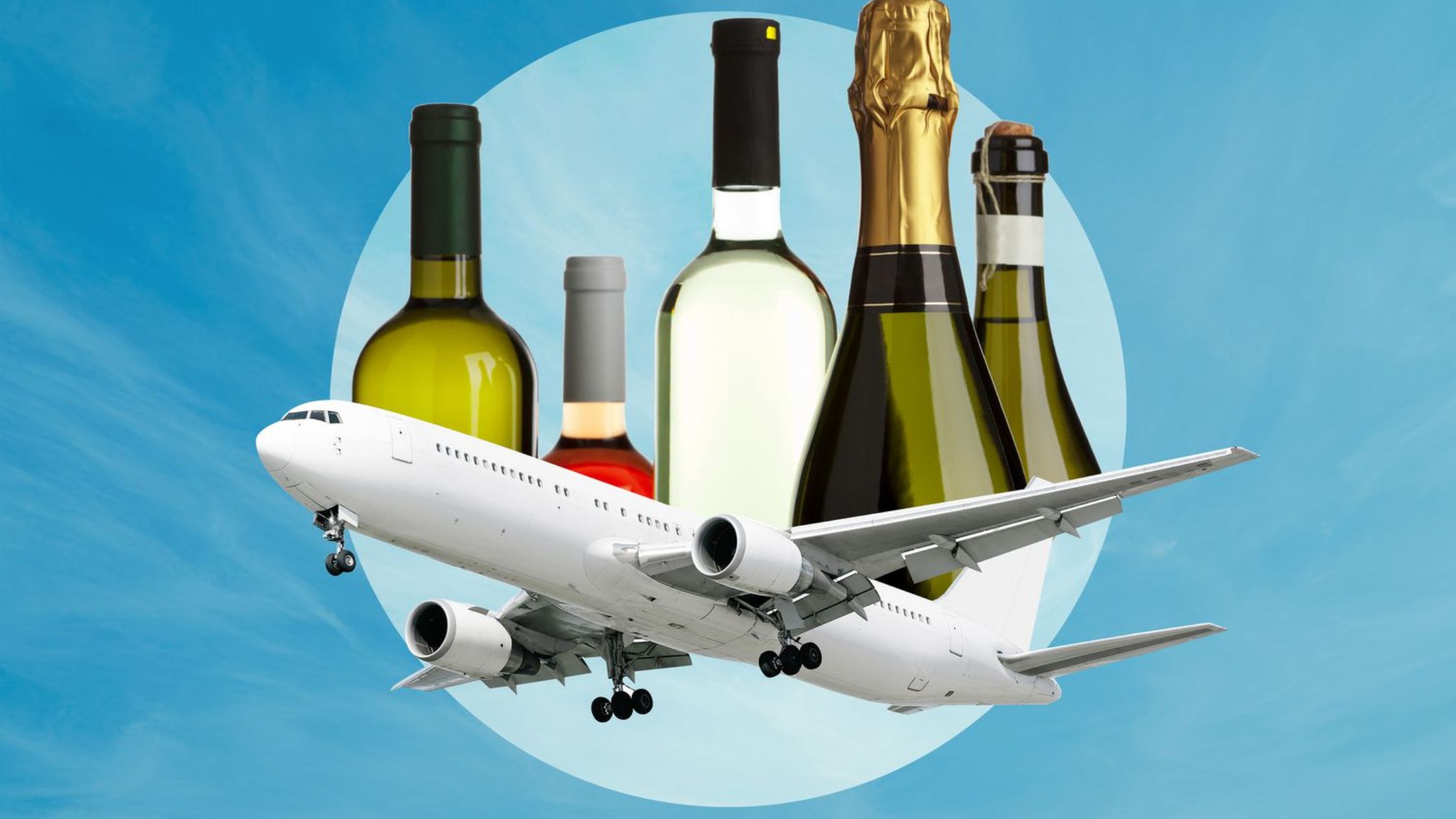Absolut Vodka & Tabasco Collab: Spicy Vodka Enters Market
2026-02-02

If you have taken a domestic flight in India and questioned why the drink service seemed rather dull, you're not by yourself. Whereas, on international flights, alcohol is available, domestic airlines such as IndiGo and Air India tend to stay away from serving alcohol when flying on domestic routes.
This is not only about avoiding some complexity or inconvenience; it is the assessment of safety, cost, operational efficiency, and serious regulations. This blog will explore the truths behind the us and help you form an understanding of how policies impact your experience when flying with the airlines.
Air travel presents unique challenges — cramped quarters, limited mobility, and hundreds of passengers in the same cabin. Add alcohol to the challenge, and it can sometimes go sideways.
In India, the Directorate General of Civil Aviation (DGCA) empowers airlines to take strict action:
Key takeaway: By skipping alcohol on domestic routes, airlines reduce the chances of mid-air conflicts, ensuring a smoother and safer experience for everyone.
Unlike international flights, where duty-free rules help airlines manage alcohol costs, domestic operations face financial hurdles:
|
Expense Factor |
Domestic Flights |
International Flights |
|
Procurement Costs |
Higher (taxed locally) |
Lower (duty-free options) |
|
Storage & Handling |
Added operational cost |
Easier to absorb over longer flights |
|
Licensing & Taxes |
Significant on the ground |
Reduced impact mid-air |
|
Service Time vs Revenue |
Low revenue, short duration |
Premium pricing possible |
It seldom pays off to serve alcohol on a flight from Delhi to Mumbai lasting 90 minutes. Instead, airlines are using the time to serve snacks, meals, and quick-service items.
Key takeaway: Serving alcohol is not simply pouring a beverage; it comes with costs that domestic carriers can hardly justify.
Also Read: How India’s New GST Rates Affect (Or Don’t Affect) Alcohol Prices in 2025
Domestic flights are usually under 3 hours, leaving limited time for service. Crew members already juggle:
Adding alcohol service introduces more steps: checking IDs, opening bottles, monitoring consumption, and dealing with potential issues.
By skipping alcohol:
Key takeaway: On short-haul flights, saving minutes matters. Cutting alcohol service keeps operations lean.
Both Air India and IndiGo align with DGCA rules that regulate alcohol on board. Here’s a snapshot of their policies:
Key takeaway: You can carry alcohol in your baggage (within limits), but you won’t be served or allowed to drink it onboard.
In India, social attitudes concerning the consumption of alcohol vary uniquely. Some Indian states have outlawed the sale and consumption of alcohol by law. Airlines must respect these local attitudes to avoid upsetting or alienating passengers or running into legal issues.
Key takeaway: Beyond rules and costs, cultural expectations shape in-flight policies.
India isn’t alone—many countries apply similar restrictions on domestic routes.
This shows that policies depend on cultural context, flight length, and airline positioning.
Yes, up to 5 litres (24–70% ABV) in original retail packaging.
No. DGCA strictly prohibits consuming personal alcohol onboard.
International flights benefit from duty-free rules, longer service times, and different cultural expectations.
While some passengers may feel disappointed at the lack of in-flight drinks, the reasons behind the policy are clear:
So the next time you board a domestic flight in India, you’ll know exactly why your airline has chosen to skip the wine list. It’s all about keeping flights safe, efficient, and respectful of local values.
Also Read: Why a Kingfisher Beer That Costs INR 30 to Make Sells for INR 180 in India